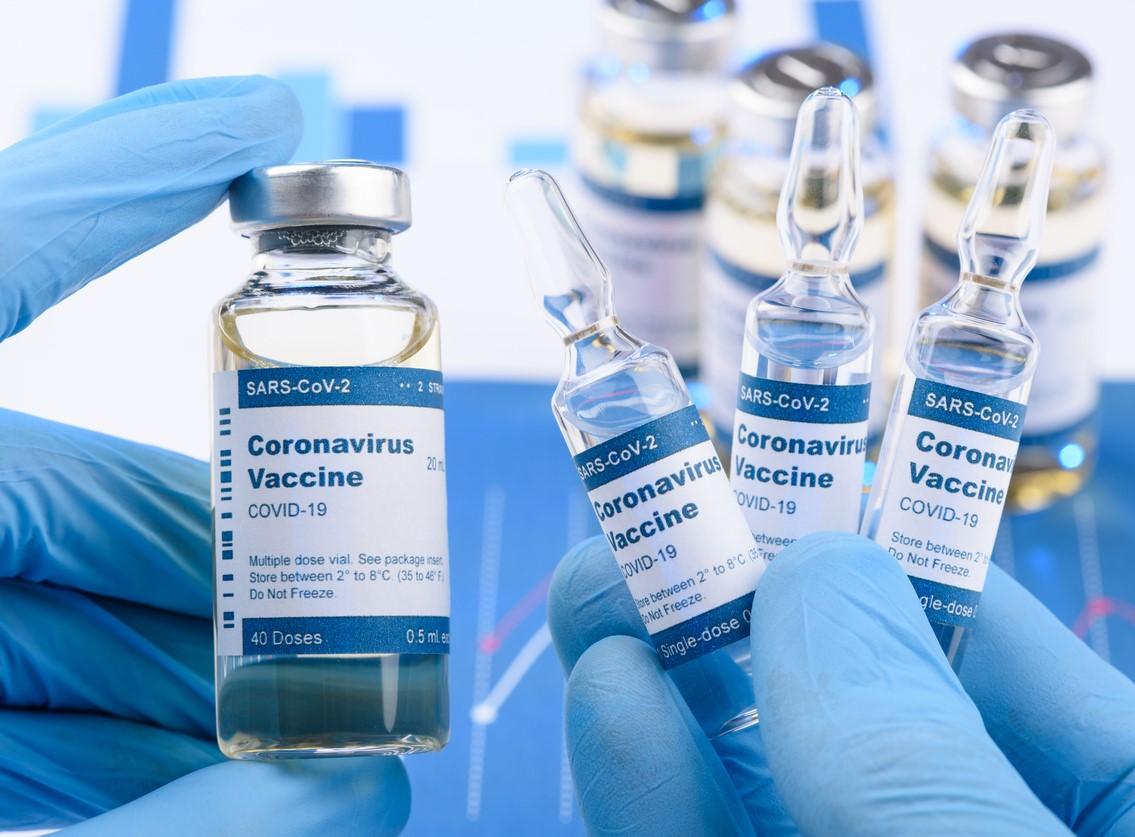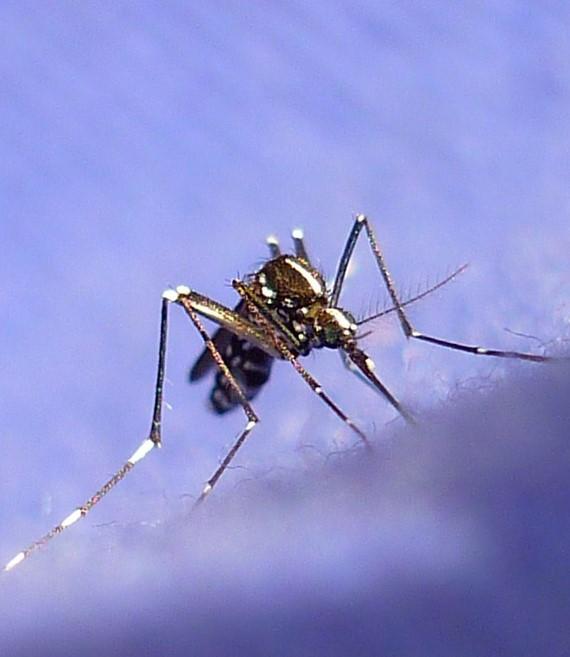
New research comparing 2019 and 2021 National Inpatient Sample (NIS) Databases from the Healthcare Cost and Utilization Project shows pediatric hospital admissions were reduced by 17.2% because of pandemic closures or allocations of pediatric beds to adult care.
The number of hospitals with at least 1 non-neonatal pediatric admission declined by 374 across the country, the authors said in a research letter in JAMA Network Open.. Almost half of this decline (181 of 374 hospitals [48.4%]) was in hospitals with more than 60% of admissions among Medicaid patients, the authors said.
During the first weeks of the pandemic, children’s hospital beds were allocated to adults, as school closures limited common childhood illnesses and children mostly did not suffer from severe COVID-19 infections.
Compared with 2019, in 2021 the largest proportional declines were in pediatric hospitals that were private, investor owned (297 to 217 [−26.9%]); small (748 to 570 [−23.8%]); or urban, nonteaching (411 to 276 [−32.8%]).
Now is the time to reverse course
"Rapid, uncontrolled closure of pediatric hospital services presents a public health challenge,” the authors said. “While some closed pediatric inpatient services may reopen, history and system dynamics suggest that most will become permanent casualties of the pandemic. If so, access to care among vulnerable rural and Medicaid populations will be especially affected.”
In a commentary on the study, Matthew Davis, MD, of Nemours Children’s Health in Wilmington, Delaware, said the time is now to correct the course of pediatric hospital closures.
Now is the time to develop a national plan for sizing and sustaining pediatric hospital services to meet the child health–driven need for such services
"Now is the time to develop a national plan for sizing and sustaining pediatric hospital services to meet the child health–driven need for such services," he wrote. "There is an opportunity in the wake of the COVID-19 pandemic and in the context of multiple pressures on institutions with pediatric inpatient services to ensure access for children to subspecialty-enabled hospital capabilities as needed."




.jpg)











